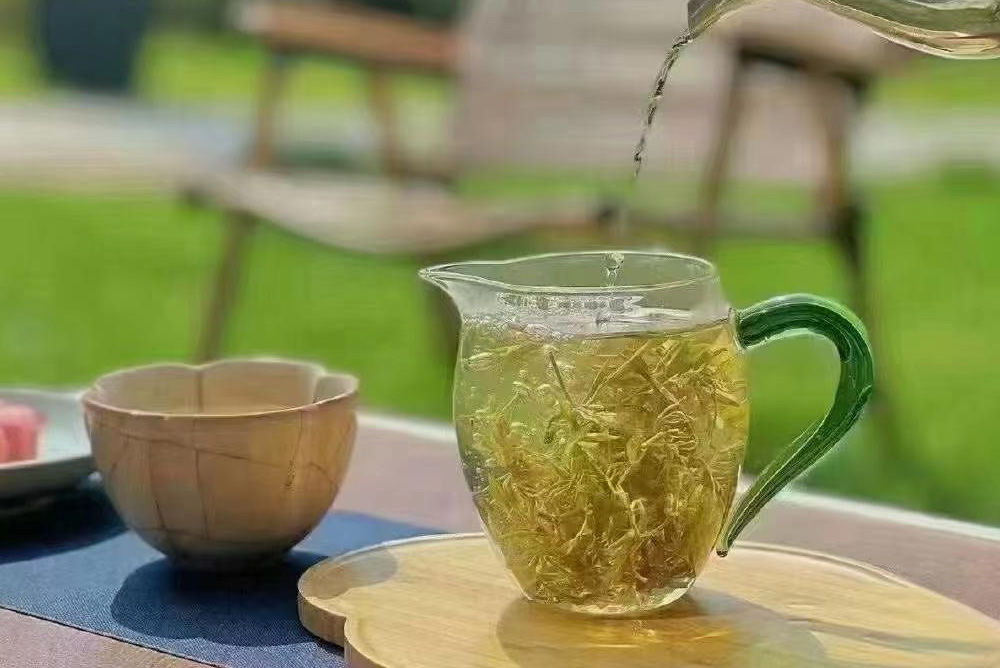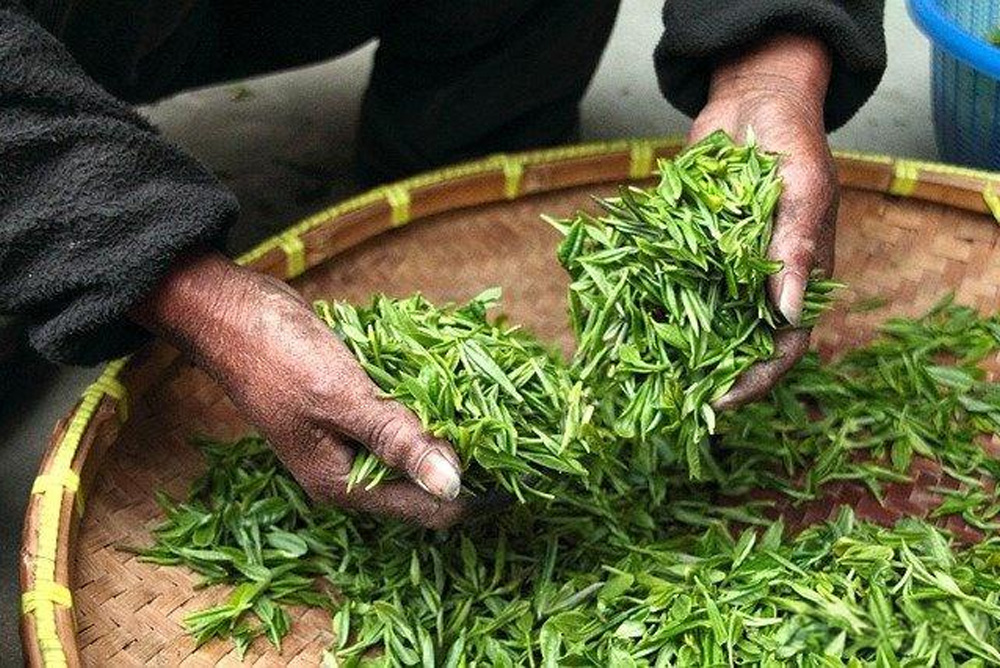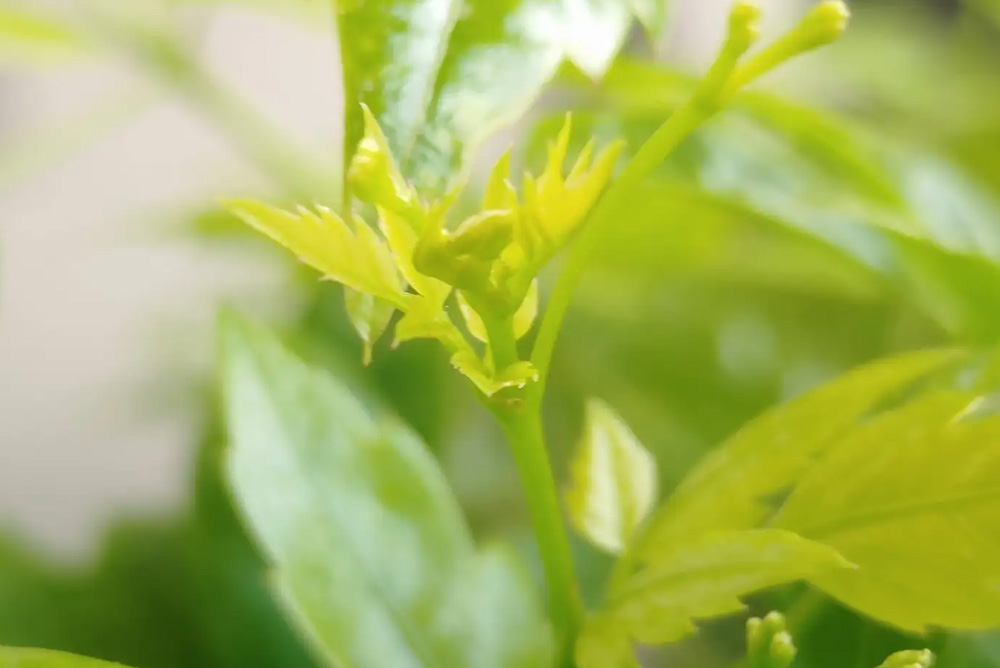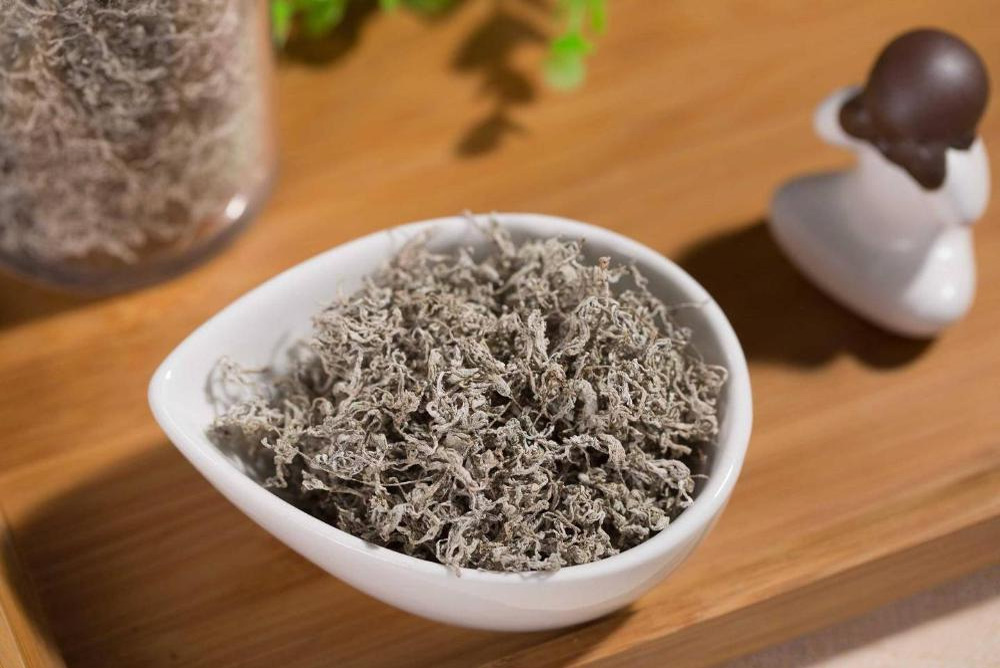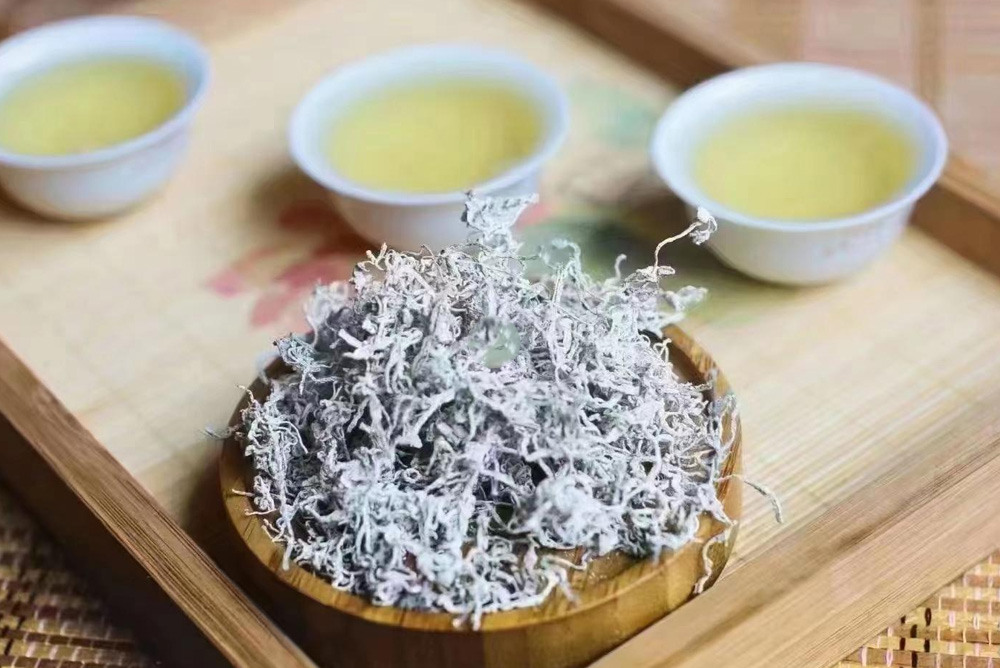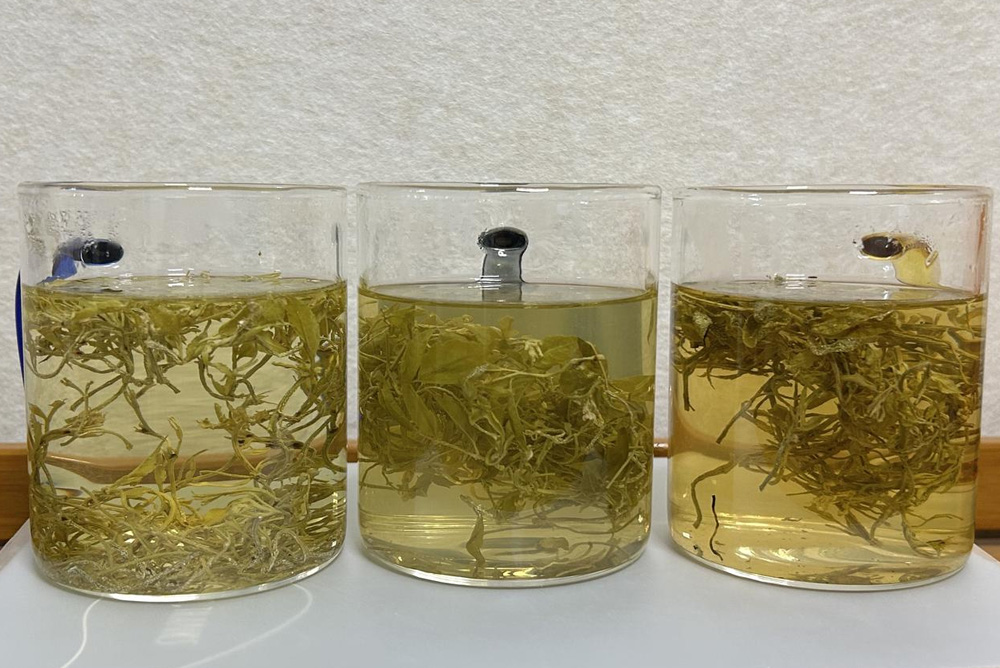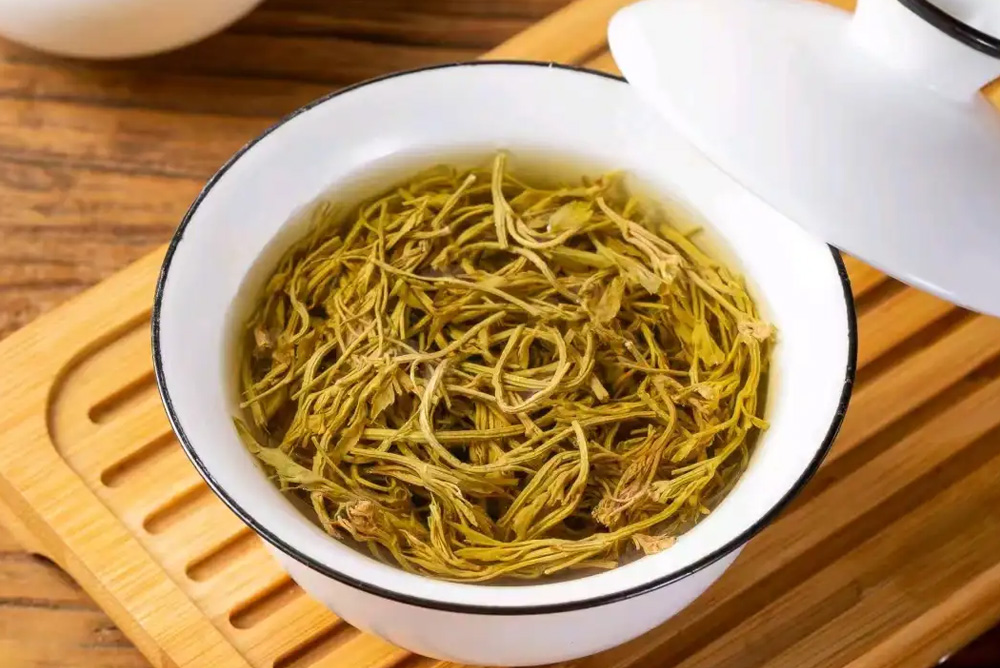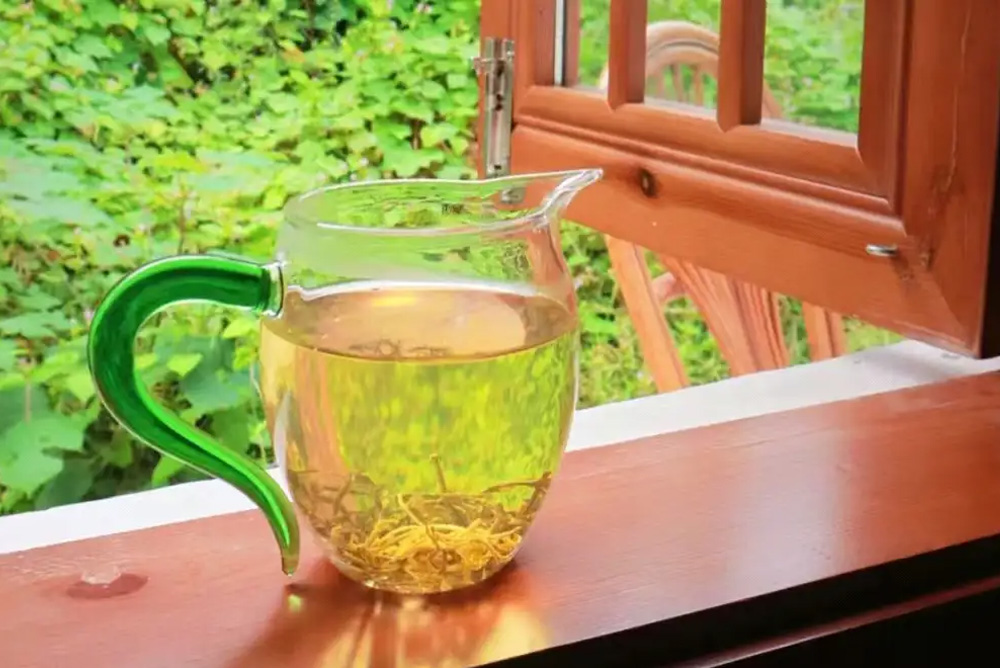Vine tea (Ampelopsis grossedentata) has become a favorite wellness tea for many households thanks to its unique taste and health benefits. But if not stored properly, its flavor, aroma, and nutrients can quickly deteriorate. In some cases, improper storage can even ruin an entire batch.
Here’s a clear guide on where not to keep your vine tea at home, plus how to store it correctly to preserve its quality.
1. Avoid Direct Sunlight
Many people love sipping tea on a sunny balcony. But storing your vine tea there is a mistake.
When exposed to direct sunlight for long periods, vine tea undergoes photochemical reactions that damage its natural flavonoids. The signature white frost (flavonoid crystals) may change color, the tea loses its refreshing taste, and its nutritional value declines.
Best practice: Always store your vine tea in a dark, shaded space away from sunlight.
2. Keep Away from Strong Odors
Vine tea has a high absorption capacity, which means it easily takes on smells from its surroundings. Odors from cooking fumes, cleaning agents, perfumes, or even incense can seep into the tea, permanently altering its aroma and flavor.
Best practice: Store vine tea in an airtight, odor-free container to prevent contamination.
3. Protect from Humidity
Moisture is one of the biggest enemies of tea. Once vine tea absorbs water, it risks mold growth, strange smells, and spoilage. In most cases, damp vine tea should not be consumed.
What about refrigeration?
-
Unopened, sealed vine tea: Storing in the refrigerator can help preserve freshness, especially for bulk purchases meant to last a year.
-
Opened vine tea: Avoid refrigeration. Frequent temperature changes and humidity inside the fridge increase the risk of moisture damage. Instead, store at room temperature in a sealed container.
Best practice: Keep vine tea in a cool, dry, and ventilated environment—never in damp spaces like bathrooms or basements.
The Ideal Storage Environment for Vine Tea
To keep ampelopsis grossedentata in peak condition:
-
Store in a sealed container (tin, glass jar, or professional tea canister)
-
Place in a cool, dry, odor-free, and dark environment
-
Ensure the storage space has gentle ventilation, but the tea itself must remain sealed, not exposed to air
This way, your vine tea will retain its natural flavor, sweetness, and health benefits for up to 1–2 years.
Enjoy Premium Bud Tip Vine Tea with JINQI
Storing vine tea (ampelopsis grossedentata) correctly is just as important as brewing it well. Avoid sunlight, strong odors, and humidity, and you’ll enjoy a tea that stays fresh, flavorful, and beneficial.
At JINQI Vine Tea Co., Ltd., we produce GMP-certified vine tea from Laifeng County—the authentic origin. With over 20 years of expertise and international supply capacity, we ensure every batch maintains peak quality from garden to cup.
👉 Looking for reliable, high-quality vine tea supply? Contact JINQI Vine Tea today.
FAQs
Q1: How long can vine tea be stored?
Properly stored vine tea lasts 1–2 years. Flavor and nutrients are best within the first year.
Q2: Can I store vine tea in the fridge?
Only unopened, sealed vine tea can be refrigerated. Opened tea should stay at room temperature in a sealed container.
Q3: What’s the best container for vine tea?
Use airtight containers such as tin jars or sealed glass to protect against air, moisture, and odors.

